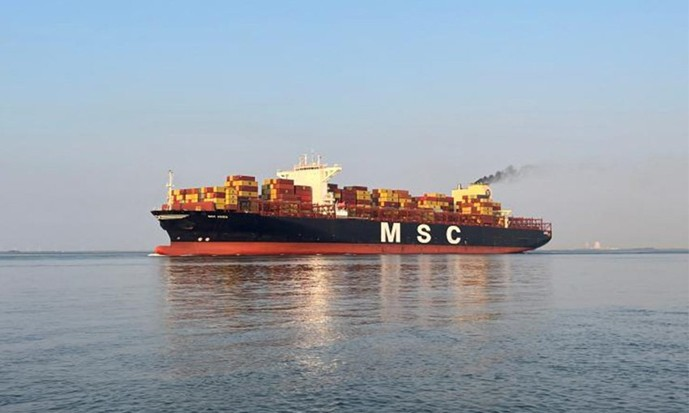
The recent capture of the MSC Aries by
Iranian forces has raised fears of further disruptions leading to soaring
freight costs. The latest escalation can be traced back to an attack in
Damascus, which heightened the existing geopolitical tensions between Iran and
Israel. Iranian forces seized the MSC Aries, a 14,000-teu vessel operating on
MSC’s India-Europe service, adding fuel to the fire and intensifying concerns about
supply chain disruptions.
Indian exporters, who had recently
experienced some relief from the Red Sea shipping crisis, are now grappling
with the prospect of increased freight costs and cargo flow disruptions. The capture of the MSC Aries has raised cargo
insurance premiums due to heightened risks, while carriers may impose
surcharges to mitigate operating challenges.
Some carriers on India-Middle East routes have
announced rate increases to capitalize on improving demand, and concerns
persist among exporters. Despite the challenges, India’s export industry showed
resilience in fiscal year 2023-24, with trade volumes remaining relatively
stable compared to the previous year. The government’s push for local
manufacturing aims to further boost exports, with the potential entry of global
players like Tesla signaling positive growth prospects.
As tensions between Iran and Israel
continue to escalate, Indian exporters are navigating a complex landscape
fraught with uncertainties in supply chain.
The need for stability in the supply chain and concerted efforts to address
geopolitical challenges is paramount to safeguarding trade interests and
ensuring sustainable growth in the export sector.